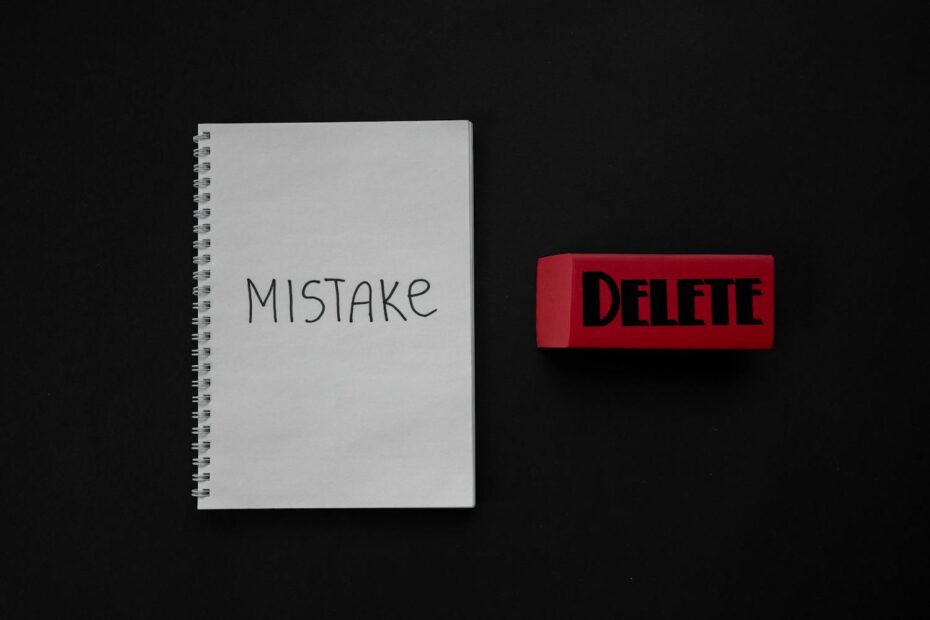Claiming flight compensation or just planning to?
Many passengers don’t realize how easy it is to make small mistakes that can cost them hundreds of euros in payouts. These errors can quickly derail your claim, whether it’s misunderstanding the rules, missing deadlines, or trusting the airline’s first response.
In this article, we’ll walk you through the most common mistakes passengers make when claiming flight compensation — and how to avoid them — so you can confidently get the money you deserve.
Check your compensation online.
8 Common Mistakes to Avoid When Claiming Flight Compensation
1. Not Checking Eligibility Before Filing a Claim
Many passengers assume that any delay or cancellation qualifies when claiming flight compensation. Unfortunately, that’s not the case.
Under EU261, you’re entitled to compensation only if:
- Your flight was delayed by 3 hours or more at arrival,
- Your flight was cancelled at the last minute,
- Your flight was overbooked, and you were denied boarding involuntarily,
- The disruption was within the airline’s control (for example, not caused by extreme weather or air traffic restrictions), and
- You departed from the EU or arrived in the EU on a European airline like TAP Air Portugal.
Before submitting your claim, check the European Commission’s passenger rights portal to confirm eligibility.
2. Believing the Airline’s First Answer
Airlines frequently reject valid claims hoping passengers won’t appeal. Many travelers take the first “no” as final and give up — but that’s often a mistake.
Under EU Regulation 261/2004, you have the right to challenge the airline’s decision if you believe your claim was unfairly denied. Sometimes claims are rejected automatically, or due to incomplete documentation, rather than a full review of your case.
What to do instead:
- Review the reason for rejection. Airlines must explain why your claim was denied — check if it falls under “extraordinary circumstances” or another category.
- Gather supporting evidence. Keep boarding passes, delay confirmations, and any communication from the airline.
- Appeal the decision. You can resubmit your claim with additional proof or contact your country’s National Enforcement Body (NEB) for support.
- Seek help if needed. If the process feels overwhelming, consider using a reputable flight compensation service to handle the appeal for you. Our partners offer such a service.
Check your compensation online.
3. Believing Technical Issues are Extraordinary Circumstances
Airlines often tell passengers they’re not entitled to compensation because the flight was delayed or cancelled due to technical issues, claiming these are extraordinary circumstances.
However, technical issues are not considered extraordinary circumstances under EU Regulation 261/2004.
In most cases, mechanical or maintenance problems are part of normal airline operations, meaning you may still be eligible for compensation.
In addition to technical issues, crew shortages and airline staff strikes are also not considered extraordinary circumstances.
4. Thinking You’re Out of Time to Claim
Many passengers assume that once some time has passed after their disrupted flight, it’s too late to file a compensation claim. Fortunately, that’s not always true.
Under EU Regulation 261/2004, there’s no fixed EU-wide deadline for submitting a compensation claim — instead, each country sets its own statute of limitations. Depending on where your flight departed from or where the airline is based, you may have anywhere from 1 to 6 years to make your claim.
Check local regulations to confirm the deadline that applies to your flight.
Claiming flight compensation? Here’s how long you have to claim in some key European countries:
- Austria: 3 years
- Belgium: 1 year
- Cyprus: 6 years
- Denmark: 3 years
- Finland: 3 years
- France: 5 years
- Germany: 3 years
- Greece: 5 years
- Hungary: 2 years
- Ireland: 6 years
- Italy: 1 year
- Netherlands: 2 years
- Portugal: 3 years
- Spain: 5 years
- Switzerland: 2 years
- UK (except Scotland): 6 years
Check your compensation online.

5. Missing the Deadline to Claim Compensation
Many passengers lose their right to compensation simply because they miss the deadline to start their claim. While most countries allow at least two years to file, some have much stricter rules — you may need to notify the airline just a few months after the disruption to keep your right to claim.
For example, in Sweden, you must notify the airline within two months of your disrupted flight. Once you’ve done that, you can still pursue the claim for up to ten years.
Always check your country’s specific time limits and start your claim as soon as possible after your flight issue.
6. Accepting Vouchers Instead of Cash
Vouchers are often provided by airlines for flight interruptions.
Though it’s important to note that these vouchers aren’t a substitute for flight compensation.
It’s important to note that refunds and compensation must be deposited directly into your bank account; you do not have to accept TAP vouchers.
What if you’ve already accepted a voucher?
If you accepted a voucher from TAP instead of cash or a bank transfer, you might still be able to request an exchange for a monetary refund. Whether this is possible depends on your specific situation. If the airline didn’t clearly explain your options or didn’t offer you the choice between a voucher and cash, it’s worth contacting them to ask for the refund you were entitled to.
7. Confusing Compensation with Refunds or the Right to Care
Many passengers don’t realize there are different types of entitlements under EU261:
- Compensation: for inconvenience caused by delays, cancellations or flight overbooking within the airline’s control.
- Refunds: for flights TAP cancels and you choose not to travel.
- Right to care: includes meals, hotel stays, and transport when stranded.
These are separate rights — and you may qualify for more than one, depending on the situation.
Examples:
1. If your flight is cancelled due to a technical issue, you’re entitled to either a refund or a new flight — the choice is yours. In addition to that, you may also be eligible for flight compensation. If you are stuck at the airport waiting for a replacement flight, you are entitled to care from the airline.
2. If your flight is disrupted due to bad weather, you are entitled to care while you wait at the airport. You are not entitled to compensation.
3. If your flight is delayed due to a technical issue, you are entitled to flight compensation and right to care while you wait for your delayed flight to depart.
4. If your flight is overbooked, and you are denied boarding, you can get a refund or a new flight. Plus, you are entitled to denied boarding compensation.
8. Not Claiming Compensation After Accepting an Alternative Flight
Many passengers assume that accepting a replacement flight in case of flight cancellation means they’re no longer eligible for flight cancellation compensation — but that’s not true.
Even if the airline rebooked you on another flight, you may still qualify for compensation if the disruption met the required time threshold.
If you didn’t take the alternative flight, but accepted a refund, you are also entitled to compensation because a refund and compensation are not the same thing.
Many passengers lose out on money they’re entitled to because of simple errors when claiming flight compensation. This guide on common mistakes will help you understand your rights, avoid common problems, and successfully claim what you deserve under EU law.
Featured photo by KATRIN BOLOVTSOVA from Pexels
